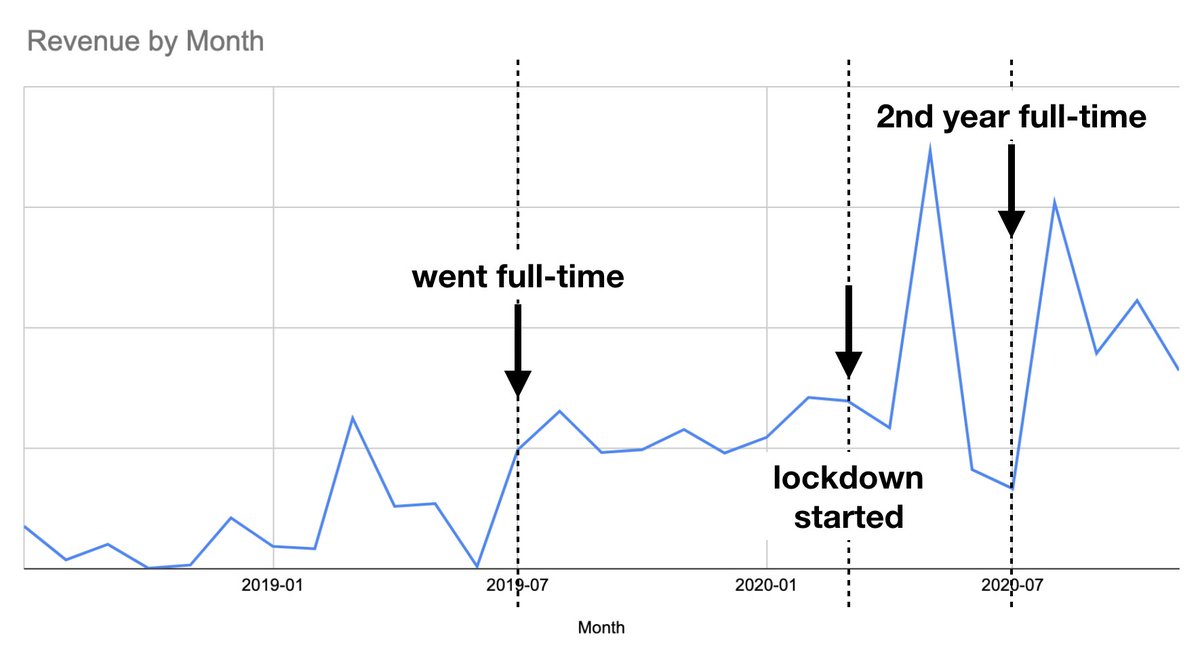
X: when would you NOT use #AppSync?
me: since AppSync gives you managed #GraphQL server as a service, so if you need a REST API instead then you won't use AppSync. Also, you wouldn't use AppSync if you need GraphQL/Apollo features that are not supported by AppSync
me: since AppSync gives you managed #GraphQL server as a service, so if you need a REST API instead then you won't use AppSync. Also, you wouldn't use AppSync if you need GraphQL/Apollo features that are not supported by AppSync
X: what sorta features are you talking about?
me: you can't define custom scalar types (e.g. LatLon is a popular one), and implementation-specific features like Apollo federations for schema stitching, or utilities like data loaders github.com/graphql/datalo…
me: you can't define custom scalar types (e.g. LatLon is a popular one), and implementation-specific features like Apollo federations for schema stitching, or utilities like data loaders github.com/graphql/datalo…
X: ok, do you need them to build a product app?
me: no, you can absolutely build production apps without them, but these features can be very useful in some contexts, for example, Netflix uses federation heavily netflixtechblog.com/how-netflix-sc…
me: no, you can absolutely build production apps without them, but these features can be very useful in some contexts, for example, Netflix uses federation heavily netflixtechblog.com/how-netflix-sc…
X: ok ok, so what can I do if I want those features and still wanna stay #serverless?
me: you can run Apollo server in a Lambda function! There are even helper libraries that help you do it, like this one npmjs.com/package/apollo…
me: you can run Apollo server in a Lambda function! There are even helper libraries that help you do it, like this one npmjs.com/package/apollo…
X: haha, running a server in Lambda...
me: what's the problem? you still get all the benefits of lambda: built-in scalability and redundancy, better security, simplified ops & CI/CD and the pay-per-use billing.
me: what's the problem? you still get all the benefits of lambda: built-in scalability and redundancy, better security, simplified ops & CI/CD and the pay-per-use billing.
X: ok, so what would I be giving up if I do that instead of AppSync?
me: well, direct integration with DynamoDB, ES, RDS and HTTP, built-in caching resolver logging, group-based auth with Cognito, X-Ray integration and a big one - scalable GraphQL subscriptions!
me: well, direct integration with DynamoDB, ES, RDS and HTTP, built-in caching resolver logging, group-based auth with Cognito, X-Ray integration and a big one - scalable GraphQL subscriptions!
X: ok, so what's your recommendation then?
me: use AppSync, until you can't. Follow the serviceful mindset and prefer managed services like @ben11kehoe @JoeEmison and @zackkanter has been saying all along
me: use AppSync, until you can't. Follow the serviceful mindset and prefer managed services like @ben11kehoe @JoeEmison and @zackkanter has been saying all along
• • •
Missing some Tweet in this thread? You can try to
force a refresh







